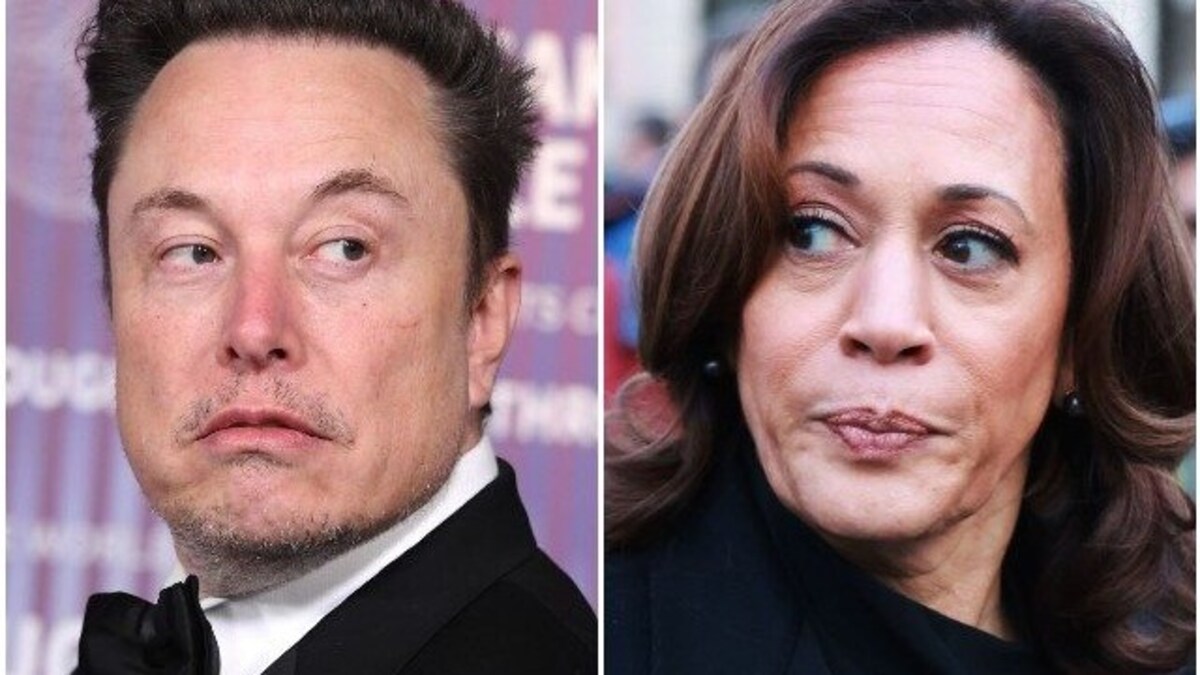Elon Musk Slams Dana Carvey’s ‘SNL’ Impression, Calls Show “Out of Touch and Slowly Dying”
Elon Musk, known for his bold and often controversial social media remarks, didn’t hold back after Saturday Night Live’s recent episode, which featured Dana Carvey impersonating him in a sketch. Musk took to X, formerly Twitter, to criticize Carvey’s portrayal and voiced his dissatisfaction with SNL’s current state, accusing the show of losing relevance and becoming increasingly detached from the reality of modern audiences. Musk’s critique, however, goes beyond a simple opinion on a sketch, reflecting a broader commentary on how political satire and media have evolved in recent years.

Elon Musk’s Reaction to Dana Carvey’s Impression on SNL
On Sunday morning, Musk responded on his social media platform, sharing strong words for SNL and Dana Carvey’s impression of him. Known for not shying away from public feuds or critiques, Musk openly called the show “out of touch” and suggested it was “slowly dying” as it becomes, in his view, irrelevant to today’s culture.
“Dana Carvey just sounds like Dana Carvey,” Musk posted, pointing out that Carvey’s impersonation lacked the distinctive qualities of Musk’s own personality. This critique suggests Musk expected more from an impersonation—especially one by a seasoned comedian like Carvey, who is widely celebrated for his iconic impressions of figures like former President George H.W. Bush.
SNL’s Post-Election Episode and Musk’s Backlash
The November post-election episode of SNL featured a satirical skit where cast members appeared to sarcastically profess their support for the president-elect, Donald Trump. This particular episode stirred up considerable conversation, as it followed months of SNL skits that took aim at Trump and his administration.
The skit, featuring Carvey as Musk and other cast members, sarcastically praised Trump’s victory, with actor Marcello Hernández telling Trump, “Every single person on this stage believed in you,” adding, “Every single person on this stage voted for you.” It was meant as satire, but Musk’s response implied he found the entire production unconvincing and, perhaps, overly focused on one political narrative.
Musk’s Broader Critique of SNL and Modern Comedy
Beyond his critique of Carvey’s impression, Musk took a broader swing at SNL, accusing the show of being “out of touch with reality” and no longer relevant to its audience. Musk’s comments come amid ongoing discussions about SNL’s ratings and perceived shift in tone over the years, with some arguing that the show has strayed from its roots of balanced comedy to instead focus on political satire.
Musk further claimed that the show’s attempts to comply with equal-time requirements backfired, suggesting that a previous appearance by Vice President Kamala Harris may have hurt her more than helped. He pointed out that the decision by NBC to grant Trump free airtime, as a response to the perceived imbalance, only added fuel to the fire. This, he implies, is just another example of how SNL has misread its impact on audiences and strayed from its comedy roots.
The SNL Controversy Over Equal Airtime and Kamala Harris
Musk’s reference to the equal airtime debate involves a previous episode in which Kamala Harris made a guest appearance on SNL. The appearance sparked a back-and-forth debate on whether it violated the Federal Communications Commission’s equal time rules, especially in the lead-up to the election.
After the episode aired, FCC Commissioner Brendan Carr commented that the Harris cameo potentially violated equal-time regulations, a claim later proven to be incorrect. Nonetheless, NBC made the decision to provide Trump with commercial airtime to ensure balance, a move that Musk argues only emphasized SNL’s favoritism and further polarized audiences.
Other Celebrities and Public Figures on SNL’s Shift
In addition to Musk, several public figures have commented on SNL’s shift in tone. Comedian Bill Burr, who hosted the same SNL episode, expressed his relief that the election season was finally over. “Everybody knew who they were voting for four years ago,” Burr remarked, “and then they just drag you through a year and a half of this stuff.” His commentary reflected a common sentiment that political coverage, especially in comedic formats, can become exhausting and alienate viewers rather than entertain them.
Burr’s perspective aligns with Musk’s critique, as both highlight that modern comedy and media have become overly focused on divisive political content. While SNL was once known for its sharp humor that could appeal across the political spectrum, Musk’s critique suggests the show is no longer able to connect with a broad audience due to its emphasis on one-sided commentary.
How Musk’s 2021 Hosting Experience on SNL Adds Context
Musk’s critical comments are notable given that he himself hosted SNL in 2021, making him one of the few tech CEOs to do so. During his hosting stint, Musk brought his unique, often awkward style to the stage, delivering jokes and sketches that were well received by some viewers, while others found his appearance controversial.
Hosting SNL gave Musk firsthand insight into the show’s production and audience dynamics, likely informing his current opinions. It seems his experience as a host did not change his overall impression of SNL’s direction, as he now openly expresses his disappointment in the show’s comedic approach.
The Larger Question: Is SNL Still Relevant Today?
Musk’s criticism brings up a larger discussion about the role and relevance of SNL in today’s entertainment landscape. While SNL has a rich history of blending comedy with cultural commentary, some viewers argue that the show’s emphasis on political satire has come at the expense of broader, more inclusive humor.
The decline in SNL’s ratings over recent years may partially reflect this shift, as viewers seek out alternative comedy formats that are less focused on partisan themes. Musk’s harsh assessment, though biased, taps into a sentiment that resonates with audiences who remember SNL as a show capable of balancing a wide range of comedic perspectives.




